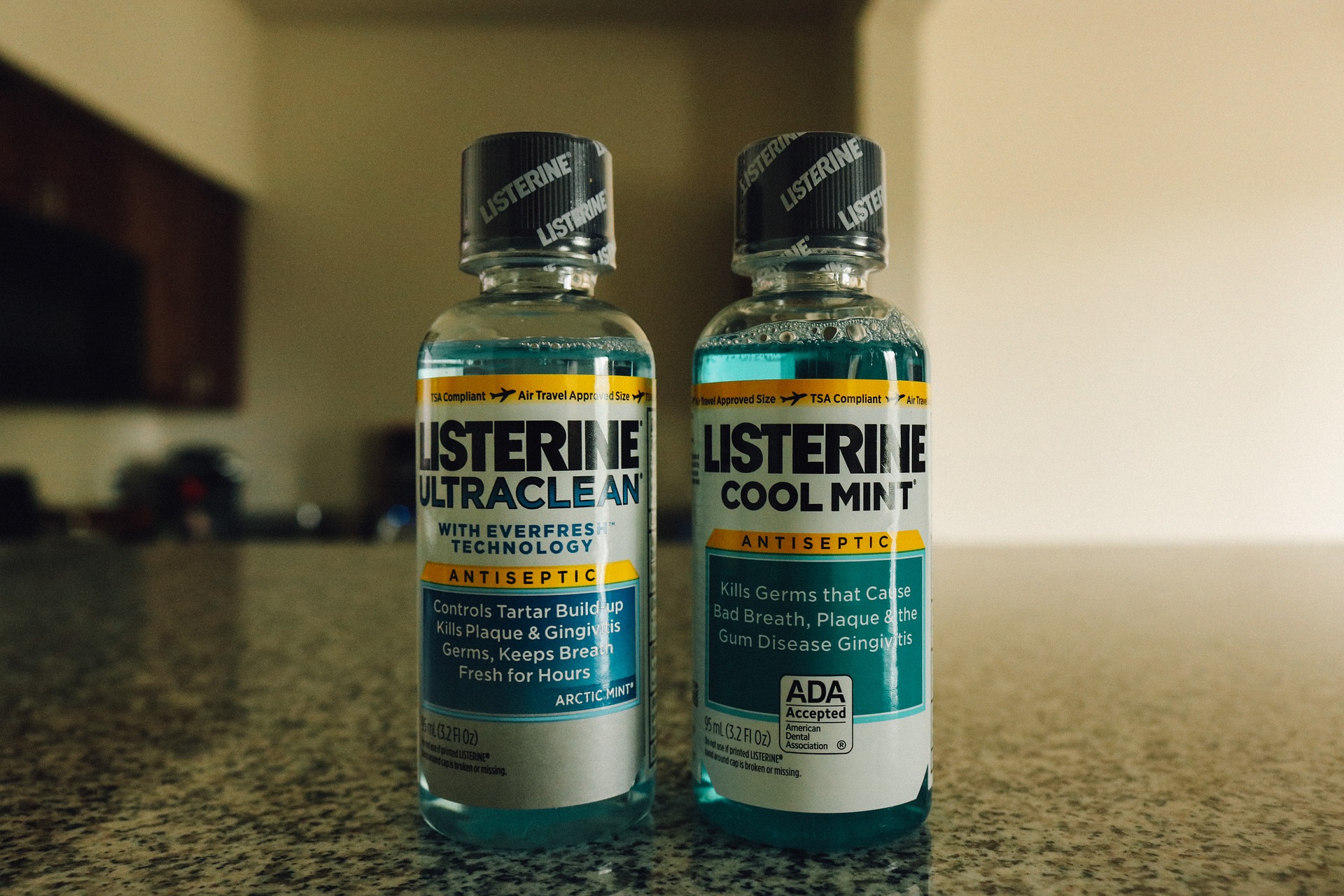While it should never be used as a replacement for brushing and flossing, mouthwash can be a helpful addition to your at-home oral healthcare routine. Here’s what you need to know in order to pick the best mouthwash for your needs. For more information, or for a personalized recommendation on the best mouthwash for you, contact our dentist in 68787 today!
Choosing the Right Mouthwash
Though there are plenty of brands and varieties of mouthwash available, most fall into one of two general categories as recognized by the ADA: cosmetic and therapeutic. Cosmetic mouthwashes treat symptoms only, such temporarily masking bad breath. Therapeutic mouthwashes aim to treat the cause of an issue. Fluoridated anti-cavity mouthwashes are designed to help strengthen the enamel of your teeth and prevent cavities. Anti-bacterial and antiseptic mouthwashes kill odor and disease-causing bacteria in your mouth, with antiseptic options typically having a higher alcohol content. We can help you better understand the difference and find the mouthwash that’s right for your particular needs.
Should I Use Mouthwash?
If you maintain a proper oral care routine at home and visit your dentist at least twice yearly, you might not need to use mouthwash. However, depending on the unique needs of your teeth, it might be beneficial to talk to our dentist about working a specialized mouthwash into your routine.
Though mouthwash is not an acceptable substitute for regular brushing and flossing, it can be a helpful tool to keep your mouth fresh and clean throughout the day. Swishing mouthwash after eating can help dislodge any food that might be stuck in your teeth and mask any odor that might be lingering on your breath.
Tips for Your Mouthwash Routine
Generally, you want to use mouthwash after flossing, brushing, and rinsing your mouth. Swish the mouthwash around for 30-60 seconds and avoid rinsing, eating, or drinking for at least 30 minutes afterwards to give the mouthwash time to work.
Side Effects of Mouthwash
When used properly, there are minimal risks associated with mouthwash. Many mouthwashes contain alcohol, which can cause a burning sensation in your mouth. If the sensitivity continues long after use or increases over time, ask our dentist about different alcohol-free options. For children, it is important that you supervise their brushing routine, as swallowing mouthwash can be dangerous.
Mouthwash can be a useful tool for anyone. Whether you’re looking to fight bad breath or help protect your mouth from tooth decay or gum disease, the wide array of mouthwashes available means there’s an option for everyone. Talk to our team during your next visit to learn more about the benefits of working mouthwash into your oral care routine.
For more tips on keeping your mouth healthy or to schedule your next appointment, please contact our dental office in Wayne, NE today!






